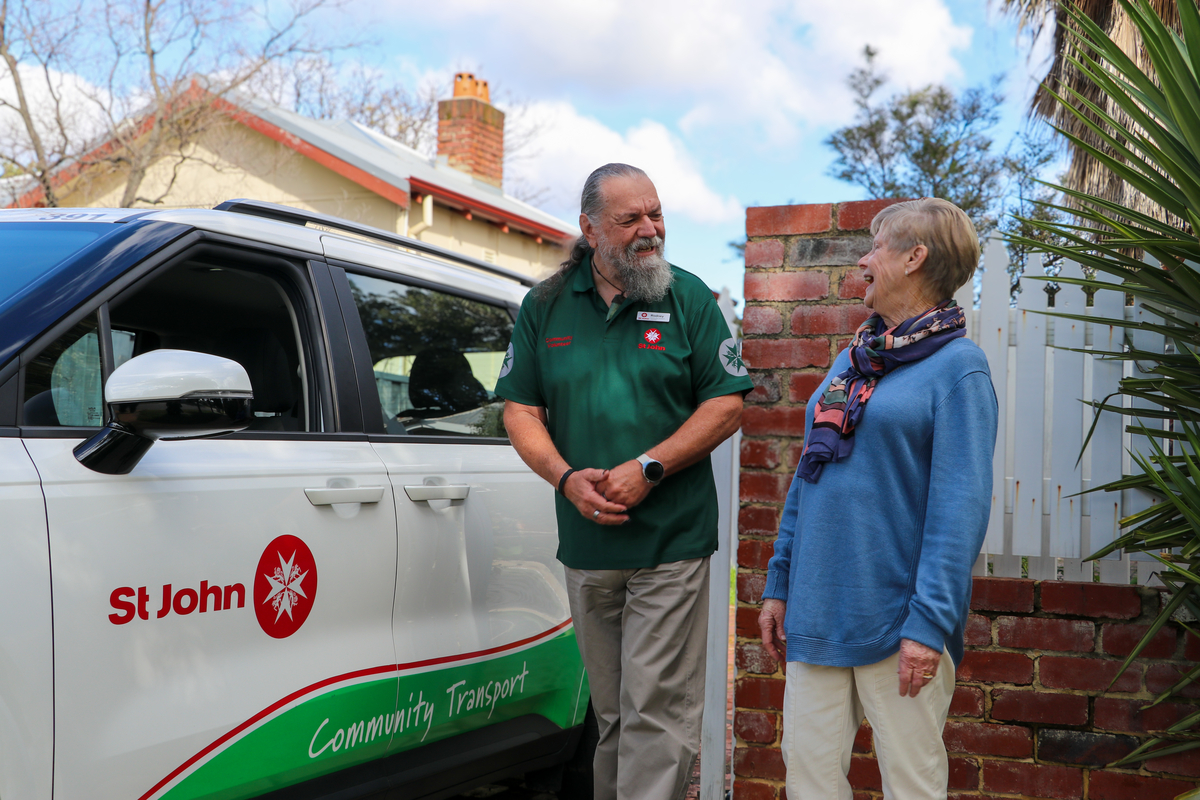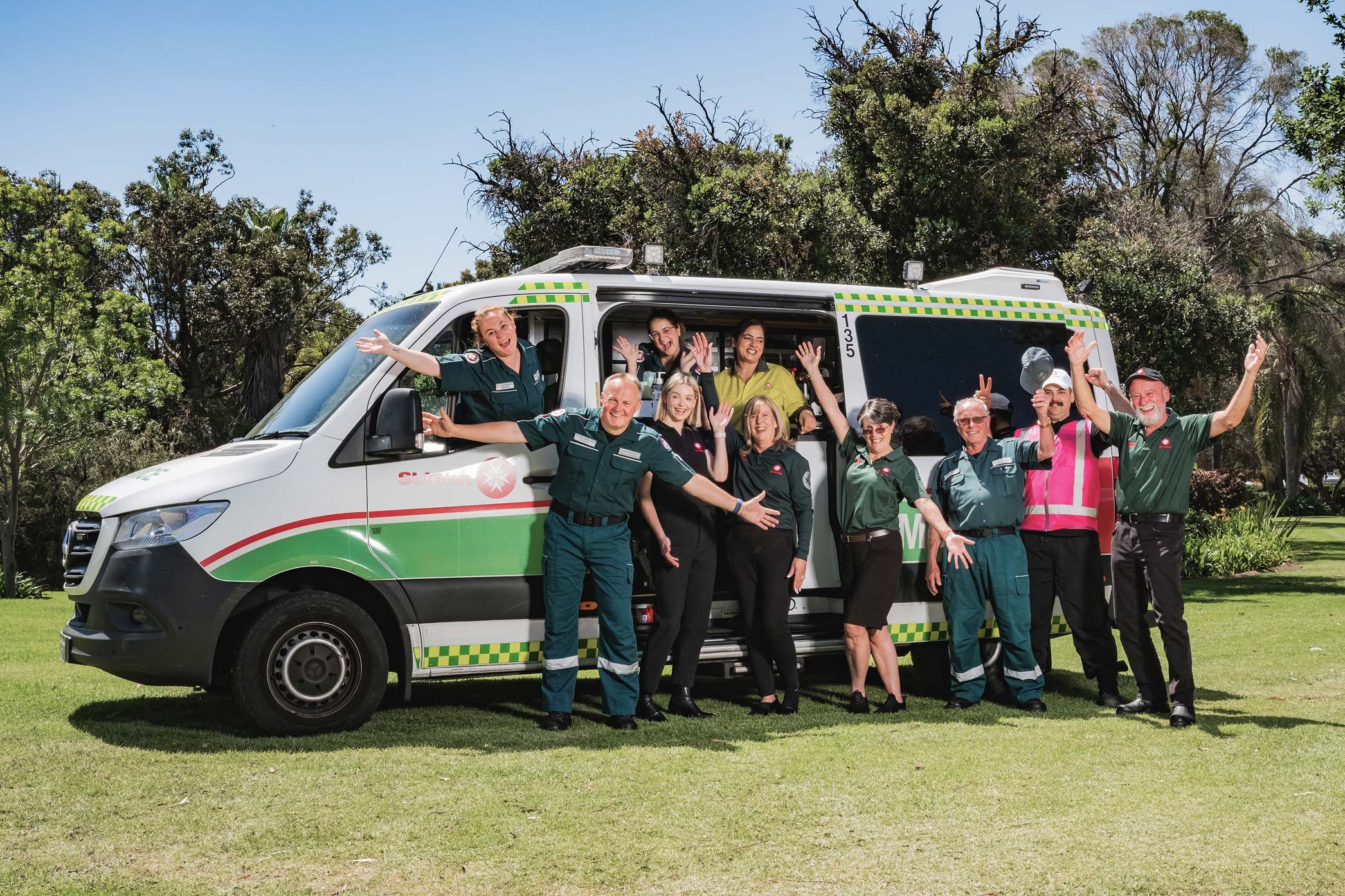We've all felt it -- the moment after helping someone when your chest gets lighter, your smile comes easier, and the world feels a little warmer. We now know that the catalyst for this feeling is backed by science. Turns out giving back... gives back.
What the research shows
Volunteering isn't just a decent thing to do. It's a practical strategy for improving mental wellbeing. According to SELF Magazine, 73% of people say volunteering lowers their stress levels and boosts their sense of life satisfaction.
Volunteering Australia published evidence associating volunteering with improved psychological wellbeing, self-esteem, happiness, and life satisfaction. The organisation confirms that active volunteers report reduced loneliness, stronger social connections and a more grounded sense of purpose.
So, when you're helping other people, you're also helping yourself.
Joan's story
Joan is a 65-year-old Community Transport volunteer based in Ellenbrook. After retiring and losing her husband in the same year, her days felt painfully quiet. "I wasn't sure who I was without someone to care for," she says.
Today, Joan helps transport elderly and vulnerable people to their medical appointments. "They're not just trips, they're conversations, laughter, even hugs. I get out of bed knowing someone's waiting for me."

"They're not just trips, they're conversations, laughter, even hugs. I get out of bed knowing someone's waiting for me."
Help for all of us
Modern life doesn't leave much room for reflection. We scroll, refresh, compare. We worry. We push through. Volunteering offers an antidote. Whether providing first aid at a festival, supporting someone during a medical emergency, or simply offering a lift, you're grounded in the moment.
One volunteer described it as mental health first aid for herself. She'd struggled with anxiety, but focusing on others calmed her internal dialogue.
"It's hard to spiral when you're helping someone else stand up," she said.
The dopamine connection
Acts of service trigger a release of dopamine, the feelgood chemical. But unlike the fleeting high from social media or sugar it's paired with oxytocin, the hormone of connection. So, you're not just helping -- you're bonding.
This is especially meaningful in country towns, where social isolation and mental health challenges are rising. Volunteering where everyone knows everyone becomes deeply personal.
You don't need to be a hero, just here
You do not need to be highly trained or have a medical background to volunteer with St John WA.
Our Event Health Services volunteers provide first aid support at public events, and our ambulance volunteers respond to emergencies. But we also need community transport drivers, youth engagement helpers, logistics coordinators, and regional support volunteers. Every role matters, every act counts, and everybody can benefit from helping others.
Ready to feel better?
Volunteering doesn't have to be a huge commitment. Just a few hours a week or a shift a month, and a heart open to helping.
If you are burnt out, disconnected, or unsure how to move forward, step forward and volunteer. It's a step towards a better you.
